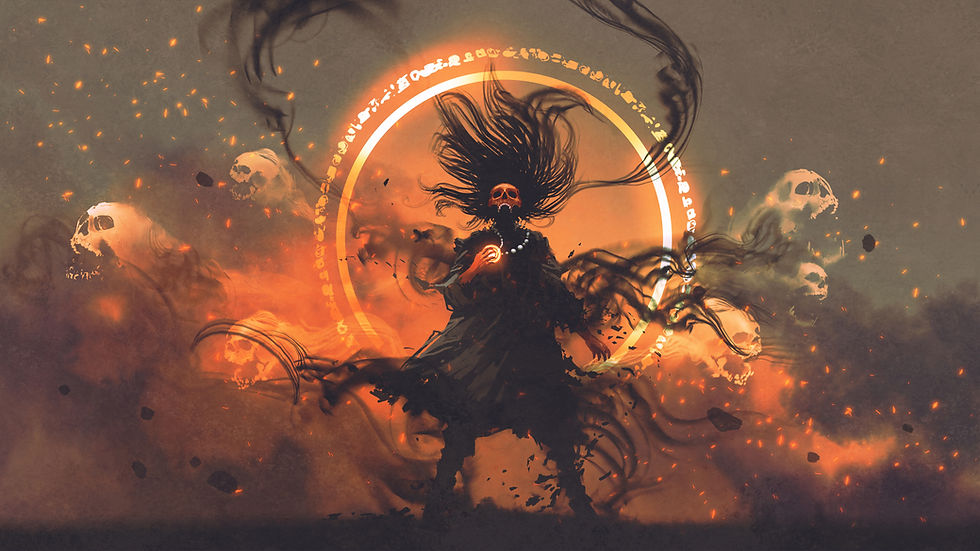Play as a Spiritual Practice
- Kimberly Ruggiero

- Mar 24, 2021
- 2 min read
"

"Play shapes our brain, fosters empathy helps us navigate complex social
groups, and is at the core of innovation." Stuart Brown, MD
Let's face it, playing is not a habit intentionally cultivated by most responsible adults. We are taught the value of hard work and achievement as we grow into adulthood, but how about the importance of continued play?
This past weekend, my Integrative Health and Healing cohort shared their projects on the healing benefits of intentional play. From the moment we began class, there was a sense of lightness and joy in the sharing of their experiences.
Stuart Brown, MD, has been studying play for decades. In his book, Play, he outlines its importance in stress reduction and wellbeing.
"Those who play rarely become brittle in the face of stress or lose the healing capacity for humor." Stuart Brown, MD
Play has been shown to release endorphins, improve brain functionality and stimulate creativity and studies show that play improves memory by supporting the growth of the cerebral cortex and triggering secretion of BDNF, a substance essential for brain cell regeneration.
So what does play have to do with mindfulness meditation?
Meditation softens a rigid adult mindset. Most of us have beliefs about play that it is for children, or that it can only be part of a particular event like "game night" or organized sports. Being playful and silly is often viewed as a vulnerability or a weakness. By surrendering to our natural instinct to play, we engage all senses and time tends to drop away. We become present.
Meditation opens space for new possibilities; new ways of being with people and ourselves. It works the muscle of growth and transformation by cultivating a capacity to lighten up and not take life so seriously. Practicing meditation and mindfulness raises our vibrational frequency so we attract more playfulness into our lives.
The Dalai Lama is both serious and silly. He exudes a playful attitude and willingness to engage from the heart. The Buddha is often depicted as smiling or laughing. Was he smiling at the absurdity of humanity? Perhaps it was his way of teaching people to transcend suffering by smiling at fear?
We can begin to notice how it feels to play again; open to silliness and looking foolish. Notice how it feels to invite a joyful dance into a dark day.
Why not experiment? "Play can become a doorway to a new self, one much more in tune with the world. Because play is all about trying on new behaviors and thoughts, it frees us from established patterns." --Stuart Brown, MD







Comments